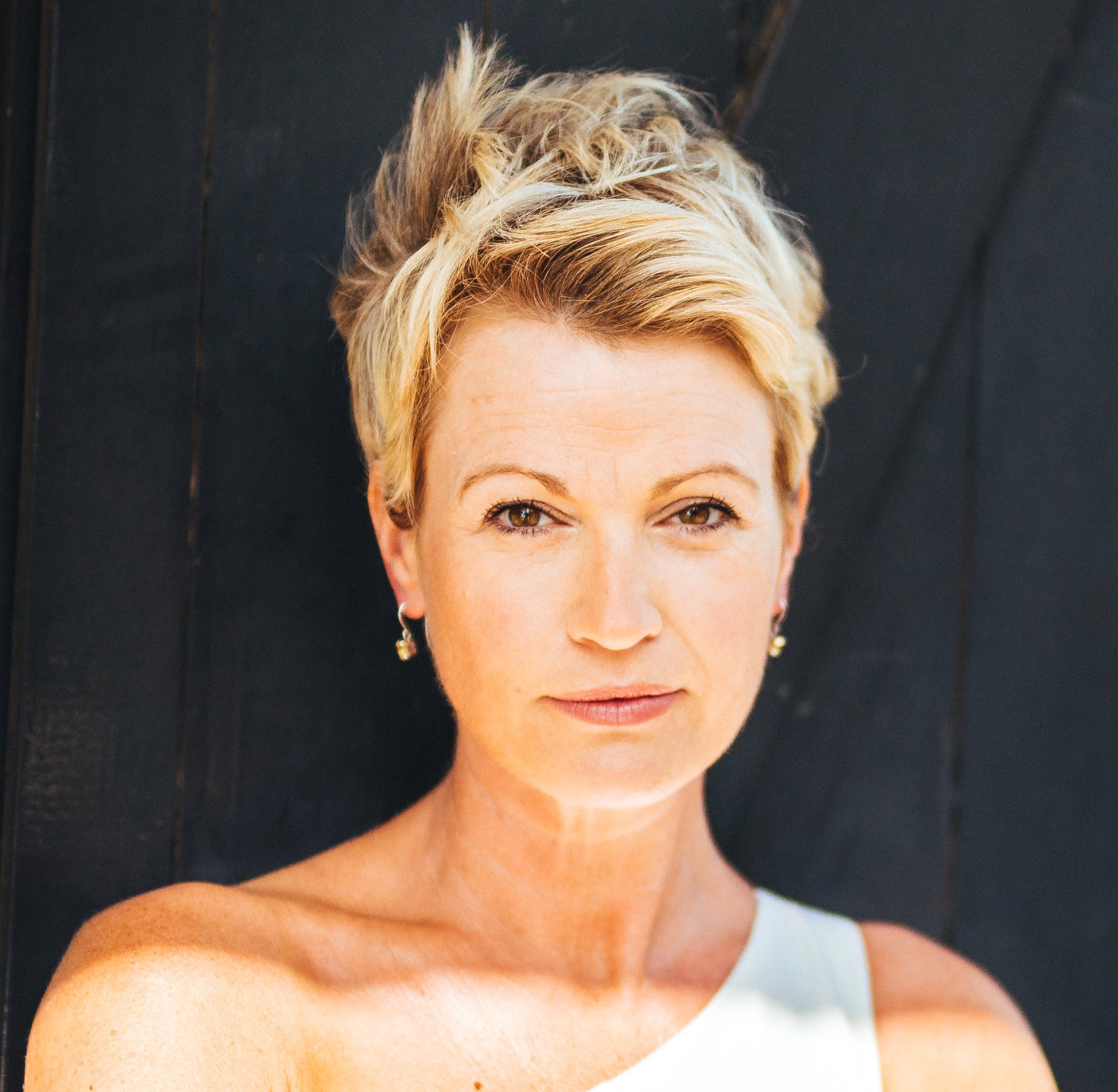4 toxic traits that will ‘ruin’ your relationship, and how to avoid them
An expert shares how to navigate these behaviours


Four toxic traits have been identified to potentially ruin your relationship. Our expert shares what they are, and how to avoid them.
Relationships can fall apart due to a sexless marriage, or one or both sides engaging in emotional cheating to get the validation they want elsewhere. There's also full blown cheating to consider, with some experts sharing how to spot infidelity - although if you need to do this, it's probably time to call time on the relationship anyway.
But some traits that compromise a relationship are more subtle and it's harder to realise they've infiltrated your partnership. Four of these traits have been identified, and they can 'ruin' your relationship by turning it toxic. The traits were identified by psychologist and professor, John Gottman. In his Cascade Model of Relational Dissolution theory, he identifies criticism, contempt, defensiveness, and stonewalling as the major patterns that destroy relationships.
We spoke to a BACP registered psychotherapist Susie Masterson about how the traits can affect couples of all stages and what to look out for, she also offers strategies to navigate the behaviours and what can be done to help. Susie tells us "'The four horsemen of the apocalypse' is a metaphor used by John Gottman signalling the death knell of romantic relationships. The Horsemen represent potentially toxic behaviours.
Potentially toxic because an increase in one or some of these behaviours within a romantic relationship, signifies a breakdown in communication. When working with couples, I often notice each client emphasising one of these behaviours. For example, emphasis on criticism from one party can often illicit defensiveness or stonewalling as a response from the other. As a trauma informed therapist, I think it's often helpful to 'map' these behaviours to our threat responses - of which there are also four."
Four toxic behaviours
- Criticism. Susie tells us "Criticism is a form of displacement; 'It's not me, it's you.' In romantic relationships, we often criticise in our partner, what we most fear in ourselves. Take a couple of my clients. One of them complains to her partner that their sexual energy was not what it was when they first met. Her girlfriend was hurt by this and slightly baffled. When we began exploring their sex life in our sessions, it became clear that the criticising partner, was actually feeling intimidated by the others predilection for kink (in previous relationships). They didn't know how to raise this in a conversation, so they lashed out instead. They made their own intolerable feelings someone else's issue."
- Contempt. Susie adds "Contempt is often a defence against shame. When we have polarised views in a relationship - whether this is politics, religion, culture or family - it can lead to one of both parties feeling contemptuous of each other. In my couples therapy work, I invite my clients to celebrate their differences. To be curious about why they feel the way they do about a particular topic. To understand that it causes no threat to their individual sense of self, or the sanctity of their relationship. If this doesn't feel safe, I then invite my clients to 'verbally contract' with each other about how to communicate. About how to convey a boundary and respect it."
- Defensiveness. Susie explains "Defensiveness also stems from shame. It's an inability to have agency and accountability for something. This can be something we have done (or not), or certain emotions. If we don't have the relationship models from our childhoods to get something wrong and still feel loved, we will take this 'blueprint' into our adult lives. Defensiveness is often subtle. It can show up as rationalisation or justification. A client might say 'I'm so busy trying to provide for everyone, by putting in the hours at work, that I just don't have time or energy to focus on our relationship right now.' This makes sense, but it ignores the impact that their lack of availability in their relationship is having."
- Stonewalling. Susie concludes "Stonewalling can also be subtle, but incredibly pernicious. It can feel akin to gaslighting if it is left unchecked in a relationship. An example of this that comes up often in couples therapy, is in the recent phenomenon of phubbing, where one or both partners use their phone as a way to stonewall. To ignore a conversation or confrontation. Stonewalling happens when we are emotionally flooded. This activates child parts, that felt helpless and powerless. For the person on the receiving end, it feels like rejection."
Susie shares insight into how to repair your relationship if these toxic traits have taken hold. She says "When trying to repair in relationships, it's really important to recognise that when these behaviours show up, both parties are in pain. It can be really helpful to journal or make a voice note when you feel critical or defensive.
What is going on for you? What was the trigger? Have you felt like this before? Who was that with? Also, take a moment to check in with your body. What are you feeling? What other times do you experience this kind of bodily reaction? After you have done this. Try to communicate with your partner your experience of what happened.
Parenting advice, hot topics, best buys and family finance tips delivered straight to your inbox.
Instead of saying 'you did/don't'...say 'I noticed that I felt x,y,z when this just happened.' Compassion - for ourselves and others - is a wonderful antidote to trauma. Curiosity can help develop compassion. Ask your partner questions like 'what was that like for you?' or 'how did that make you feel?' Don't judge or even comment. Find away to accept your partner's perspective without it feeling like a competition.
When we validate the feelings of another, it chips away at our shame."
For more on relationships, a psychologist shares six signs you've found your soulmate, and indicators you could be in a codependent relationship. We also look at why people ghost each other, and the real reason is very surprising.

Susie Masterson is a relationship coach and BACP registered trauma informed therapist. Susie is passionate about relationships and has her own private practice (www.ultraliving.uk) where she helps individuals, couples and companies.

Lucy is a mum-of-two, multi-award nominated writer and blogger with six years’ of experience writing about parenting, family life, and TV. Lucy has contributed content to PopSugar and moms.com. In the last three years, she has transformed her passion for streaming countless hours of television into specialising in entertainment writing. There is now nothing she loves more than watching the best shows on television and sharing why you - and your kids - should watch them.